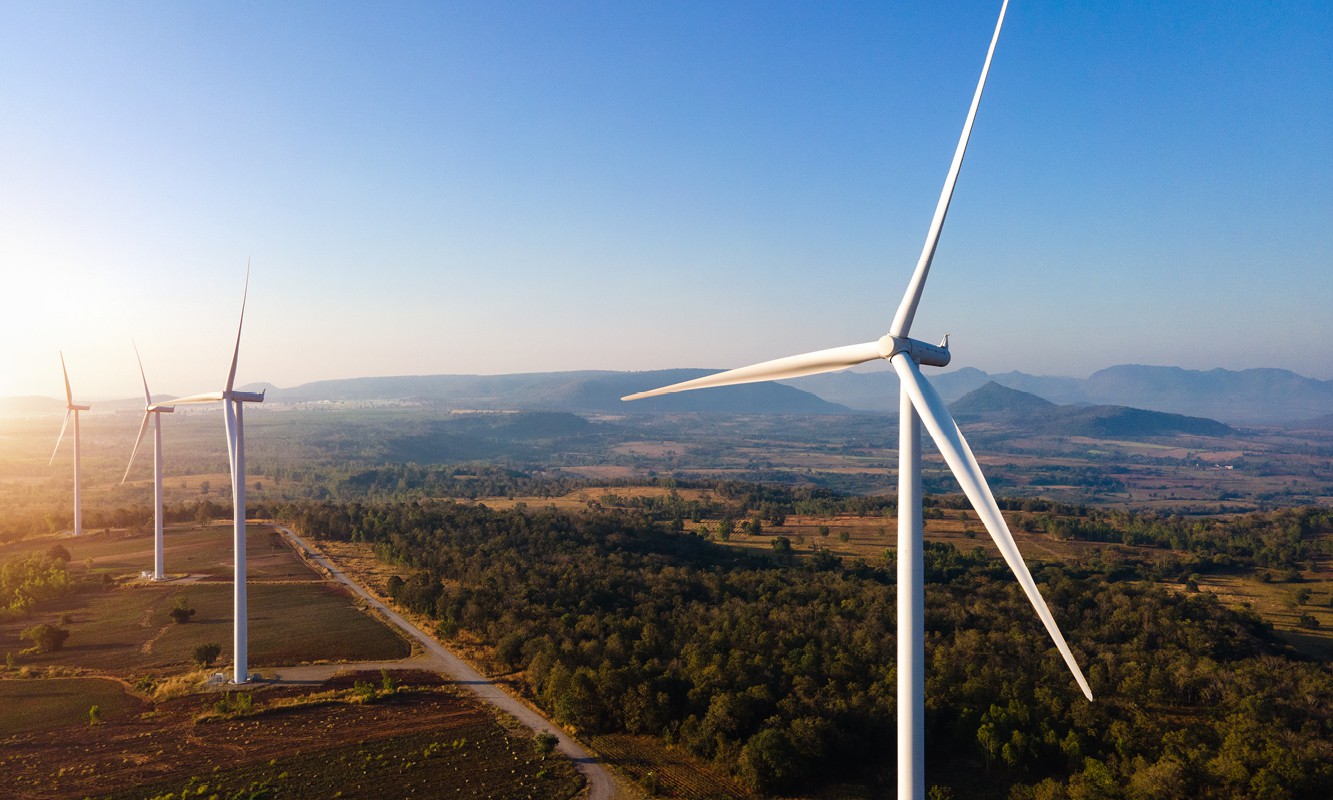Queensland Law Society (QLS) has recommended the release of further information in its submission on the Energy (Renewable Transformation and Jobs) Bill 2023 designed to develop the state’s energy future.
The draft bill aims to implement the Queensland Energy and Jobs Plan, which sets out commitments, frameworks and governance to increase the generation of renewable energy in Queensland and maintain jobs.
The plan includes:
- establishment of 22GW of wind and solar projects by 2035, supported by grid-scale batteries and pumped hydro storage;
- renewable energy targets of 50 per cent by 2030, 70 per cent by 2032, and 80 per cent by 2035;
- full ownership of the state’s power line transmission and distribution network, and retention of a majority share of generation, with significant private investment opportunities in generation, hydrogen, and supply chains; and
- establishment of a Job Security Guarantee and Fund to provide access to jobs, training, and financial assistance for energy workers.
The draft bill also includes the frameworks required to build the Queensland SuperGrid and deliver necessary infrastructure and investment. This includes a framework for priority transmission investment and renewable energy zones.
QLS welcomed the early consultation on the draft bill and said it supported a legislative framework which set a clear pathway for the transition to more sustainable alternatives, which it said was of critical importance of the Queensland community.
It recommended the bill “provide for meaningful engagement and consultation with Aboriginal and Torres Strait Islander People about the impacts of climate change on land that they, as original custodians, have cared for and managed for over 60,000 years”.
It also recommended reconsidering the regulation-making power of the bill, in the interests of transparency and clarity.
It stated any derogation from the National Electricity Law (NEL) should not be made by regulation, and should instead be clearly identified in the Electricity – National Scheme (Queensland) Act 1997, which applies the NEL to the state. It encouraged the government to publish further information about the consequences of derogating from the NEL, so consumers could understand the impact of the proposed changes on factors such as costs and reliability of supply.
QLS stated it would welcome further details and more public consultation as to how a Job Security Guarantee Fund would operate, including how it could be accessed, the categories of costs it would include, and the procedures for payments. It also recommended further related funding for the legal assistance sector.
“QLS supports the establishment of a Job Security Guarantee Fund and notes the government has indicated it will contribute $150 million in this regard. Although this funding is very welcome and necessary, further investment must be proactive and ongoing to ensure that the purpose of the fund is achieved in a timely and efficient manner,” it said.
“Furthermore, QLS is mindful that affected workers may require legal advice to assist them in determining whether they meet eligibility requirements in order to access the fund or when considering transferring between publicly owned energy corporations or new employment opportunities. QLS considers that funding of this kind must also be factored into the ongoing funding model.”
The society also raised concerns about the proposed process for declaring Renewable Energy Zones – zones identified as having high-quality sources of renewable energy – including duration, revocation and access.
The draft bill was open for public feedback from 3 June to 23 June.
The State Government released the Regional Energy Transformation Partnerships Framework with the draft bill. The framework remains open for public comment here.














Share this article